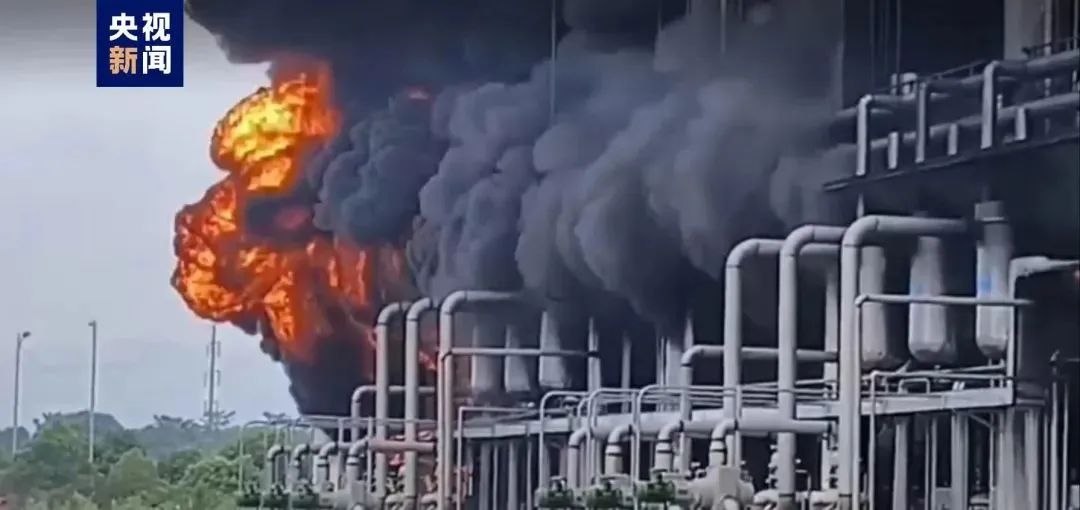According to the relevant services in the Economic and Technological Development Zone of Nanchang City, Jiangxi Province, a fire broke out in a heat transfer oil pipeline inside a chemical plant at 9:46 on August 22nd. More than 60 firefighters were promptly dispatched by the local fire brigade to extinguish the fire. The specific cause of the incident is currently under further investigation.

The good news is that no one has been found trapped at the scene of the fire, which brings some relief to the handling of the accident. However, the specific cause of the fire is still unclear, and relevant departments are conducting thorough investigations to determine what caused this incident.
What is Heat transfer oil?
The heat transfer oil boiler is a furnace that uses various fuels such as coal, induction oil, gas, and electricity. It utilizes heat transfer oil as the medium and employs a circulating oil pump to ensure the smooth circulation of the liquid phase. This system efficiently transfers heat energy to heating equipment and then recycles it to the furnace for reheating. Organic heat carrier furnaces are widely utilized in industries like chemicals, textile, light industry, printing and dyeing, papermaking, and building materials due to their notable features of low pressure, high temperature, high efficiency and energy conservation.
Do’s and Don’ts
In recent years, some companies have installed problematic thermal oil boilers in order to save on initial investment, resulting in a series of failures. Additionally, inadequate technical skills among operators and maintenance personnel have led to frequent fire accidents involving these boilers. Given that oil is highly flammable, which can easily spread and release toxic gases when ignited, it poses significant risks to both workers and firefighters. Therefore, enterprises utilizing thermal oil boilers must prioritize effective fire prevention measures.
The quality of heat transfer oil is a crucial factor in ensuring the safe operation of boilers and systems. The condition of the boilers and systems, as well as their operating conditions, plays a significant role in influencing the quality of heat transfer oil. These factors are closely interconnected. Design flaws in boilers and systems can impact the quality of heat transfer oil, leading to issues such as overheating or excessive heating during its use, oxidation of the oil, and chemical contamination.
If the heat transfer oil deteriorates, its chemical and physical properties such as viscosity, density, specific heat capacity, thermal conductivity, and distillation range undergo changes. As a result of this deterioration process, the heat transfer oil transforms from an ordinary combustible substance into a flammable and hazardous chemical. Moreover, the spoilage that occurs after the deterioration of the heat transfer oil can lead to coking and carbon deposition in furnace tubes. In severe cases, it may even cause tube explosions which have detrimental effects on the safe operation of boilers and systems. If there is a leakage of heat transfer oil that mixes with air and encounters an ignition source with sufficient temperature for combustion to occur, it can easily lead to fire accidents. In such situations where leaked heat transfer oil ignites, dry powder or foam extinguishing agents should be used for extinguishment. If a large amount of heat transfer oil leaks and catches fire, the operator should immediately cut off the power supply, evacuate the site promptly, and simultaneously report to the fire services.
To put simply, for ensuring the long-term safe operation of the heat transfer oil system, three key points at least need to be achieved:
1. Select high-quality boilers, equipment, and accessories and carry out standardized installation.
2. Select high-quality heat transfer oil.
3. Standardize the operation and operation of the heat transfer oil system.



